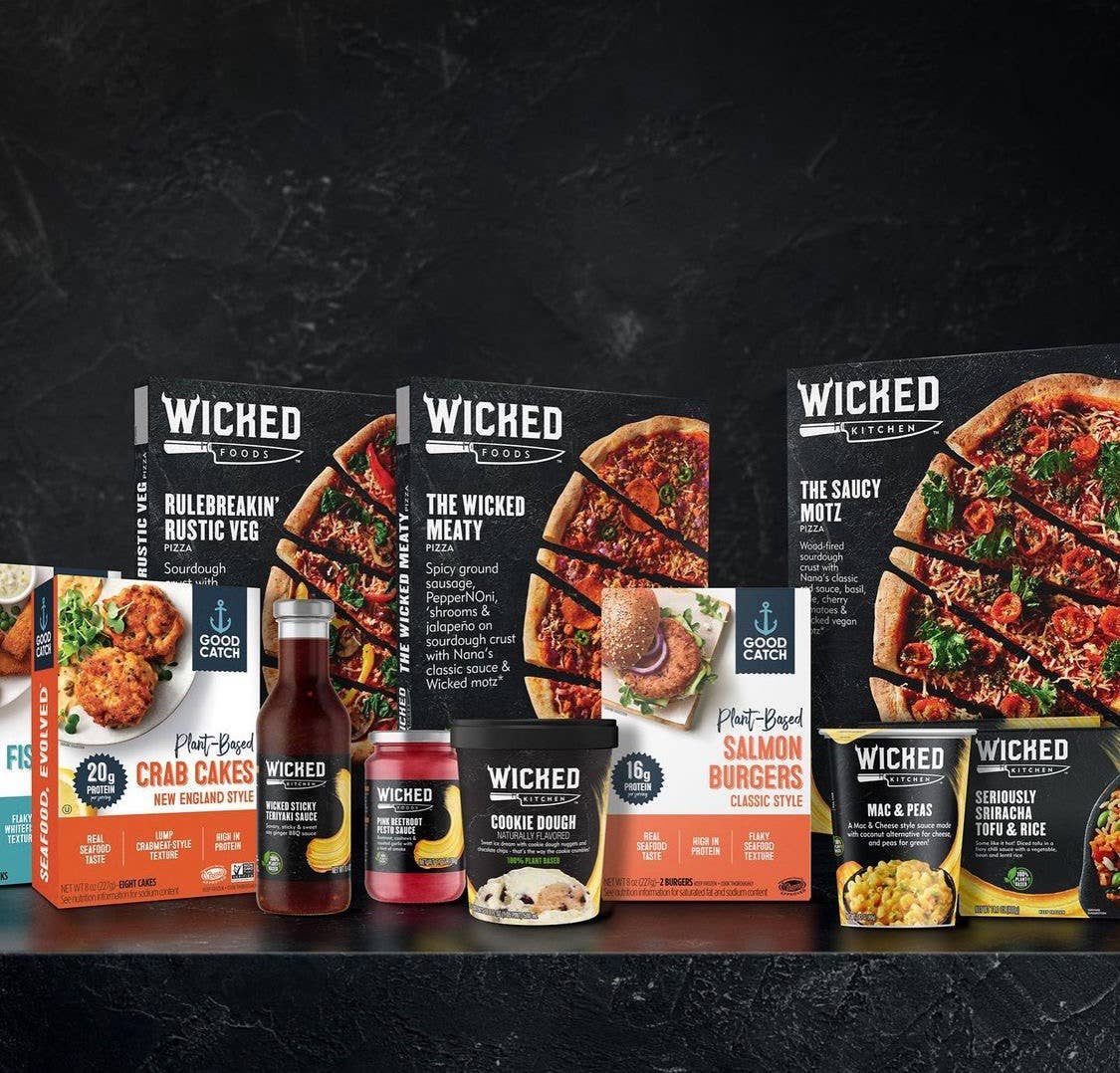
Unilever Aims for $1.2 Billion in Plant-Based Food Sales by 2025
It’s a good time to be in the vegan biz. Or at least consumer goods giant Unilever is hedging its bets on the explosion of the plant-based foods market, as an article in The Wall Street Journal recently reported.
The print feature did a deep dive into Unilever’s aspirations to amp up its sales of plant-based meat and dairy substitutes in the next five to seven years to the tune of $1.2 billion in sales. As the parent company of Ben & Jerry’s and Hellmann’s, that would amount to a whole lot of vegan ice cream and mayo on the horizon. The move represents an increase of five times its current levels of plant-based meat and dairy sales.
“Unilever already sells vegan mayonnaise in 30 markets, and a pea-protein based vegan Magnum ice cream, which it says have sold well,” the article’s author Saabira Chaudhuri states. Ben and Jerry’s also has a line of vegan, “Non-Dairy Pints,” and we’re currently loving the Burlington-born ice cream giant’s dairy-free “Netflix and Chilll’d” flavor. (We’ve also had a hard time putting down B&J’s vegan cookie dough chunks as of late.)
In addition to boosting their plant-based ice cream and mayo production, Unilever is poised to grow its Vegetarian Butcher brand, which produces soy-based patties and nuggets for Burger King in Europe. Currently, Unilever is also looking into using nutrient-rich microalgae called Chlorella Vulgaris as a protein source, which, if successful, could represent a huge opportunity for the Fortune 500 company.
“It’s definitely worth experimenting with given it’s such an excellent source of protein in food,” Hanneke Faber, head of Unilever’s food business, said in an interview, per WSJ, noting that it remains to be seen how the algae will be integrated into products, though it may work in ice cream or soup.
While much work remains to be done, as more and more top food companies aggressively pursue plant-based innovation, one thing’s for sure: Gone are the days of those few sad tubs of dairy-free vanilla ice cream in the freezer aisle. Algae or not, we’re looking forward to tracking Unilever’s bright, plant-based future.
More From The Beet






